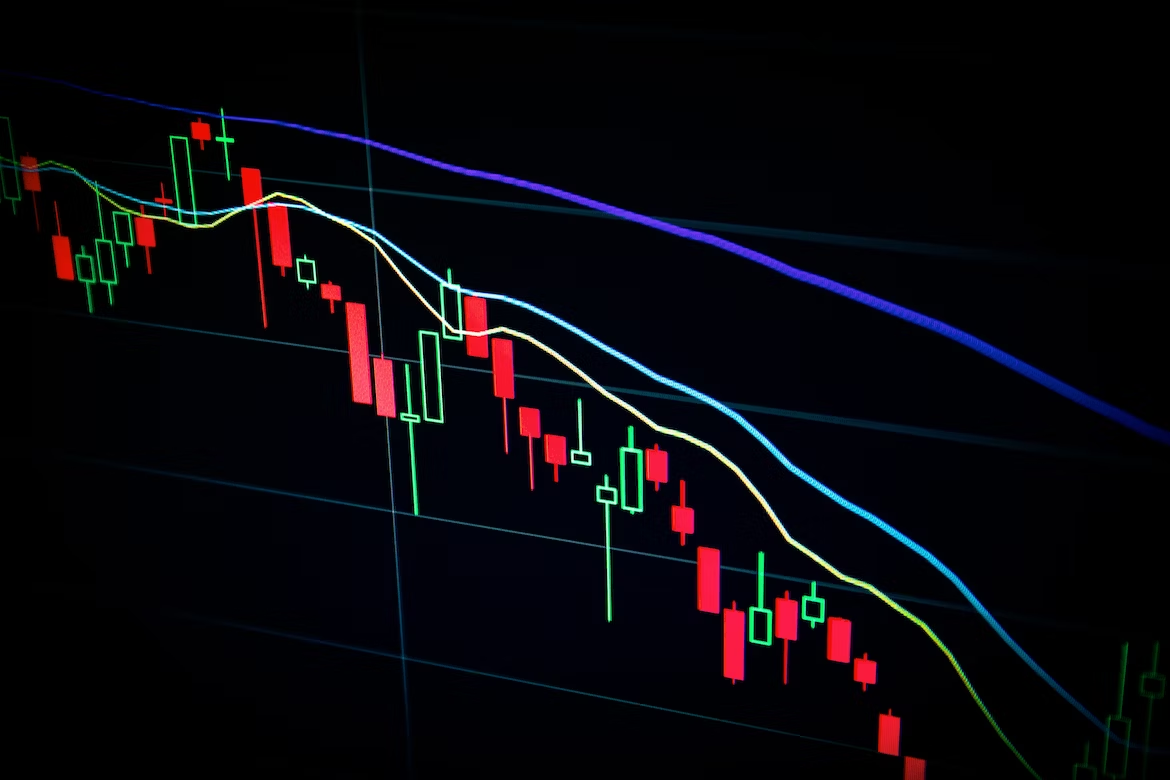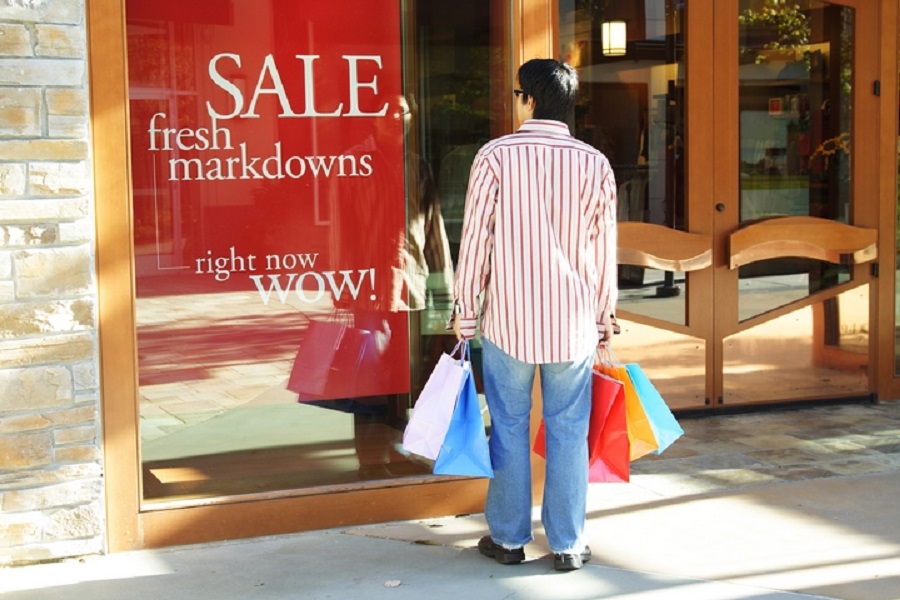Enhancing Security Measures to Safeguard Your Cryptocurrency Holdings
The substantial increase in cryptocurrency value has not only drawn interest from legitimate investors but also from malicious actors actively seeking vulnerabilities to exploit. Blockchain analytics company Chainalysis reported a record-breaking $20.1 billion in illegal cryptocurrency usage last year, predominantly driven by transactions involving entities facing U.S. sanctions. You may know what are the security measures of blockchain, but they are more about the server side of the issue. You, as a client, can lose money due to your carelessness. On the other hand, you have everything you need to take cryptocurrency security to the next level.
What is cryptocurrency?
A cryptocurrency is a digital form of money that utilizes advanced encryption techniques to prevent counterfeiting. It operates independently from official governments and banks, existing solely on a blockchain, which acts as a virtual ledger. The term “cryptocurrency” was coined when Bitcoin (BTC) was introduced in 2009, and since then, other popular cryptocurrencies such as Ether (ETH), Binance Coin (BNB), and Tether (USDT) have emerged, fueling even greater curiosity and investment.
Is cryptocurrency safe?
How are cryptocurrencies protected? Despite the decentralized nature of cryptocurrencies, transactions on most cryptocurrency networks remain highly secure. Precautions taken by crypto users contribute to security, while the underlying blockchain technology inherently ensures its robustness.
When it comes to investing, most experts suggest that individuals keep crypto investments at a relatively small percentage of their overall invested assets. In other words, investing solely in cryptocurrency is not advised. Experts recommend building a diversified portfolio consisting of stocks, bonds, ETFs, real estate, and cryptocurrency. It is important to note that no investment is guaranteed, as evident from the market crash of 2008 that affected seemingly secure investments such as real estate and stock index funds. Cryptocurrency is subject to the same market risks.
What are the ways to protect yourself when trading cryptocurrency?
#1 Turn on 2FA
One common method employed by attackers to gain access to an individual’s cryptocurrency involves infiltrating their exchange account and transferring the digital currency to their own wallet address. To mitigate the risk of such attacks, it is recommended to enable two-factor authentication (2FA) for all activities in the cryptocurrency app. This additional layer of security requires users to enter a code from their mobile device each time they attempt to initiate a withdrawal, thereby making it significantly challenging for criminals to gain unauthorized access to the account. Without implementing 2FA, the security of a person’s cryptocurrency solely relies on the protection provided by their email address.
#2 Use a VPN
A Man-in-the-Middle (MITM) attack occurs when an attacker interrupts the victim’s internet connection and inserts their device between the victim and the target site. The attacker then forwards the victim’s data to the target site, creating the illusion of a regular connection. However, this enables the attacker to monitor all of the victim’s activities.
MITM attacks present significant risks, particularly in terms of exposing cryptocurrency usage. Which security measure is most commonly used to protect users of cryptocurrency? We are talking about VPN for crypto trading, which protects against this and a number of other vulnerabilities. With the help of a VPN for crypto trading, you can protect yourself from data interception, DDoS attacks, phishing, and viruses and reduce other risks for yourself. Any experienced trader needs a reliable crypto VPN, especially for anonymous crypto trading. One of the most popular solutions for secure trading is VeePN, but there are also worthy analogs. The choice is yours.
#3 Trade on reputable and safe exchanges
Crypto is typically purchased and sold on exchanges, similar to stocks. There are numerous cryptocurrency exchanges, with several having significant trading volume. However, only a handful of exchanges can genuinely be considered secure options. Kraken, Gemini, Coinbase, Crypto.com, and Binance are widely regarded as the top and safest crypto platforms available.
Kraken operates in nearly all countries and boasts a dedicated team of cybersecurity researchers. Gemini is regulated by the New York State Department of Financial Services and prioritizes security. Additionally, Coinbase and Crypto.com are known for their exceptional transparency.
#4 Store crypto in multiple cold wallets
If an individual engages in crypto trading rather than just holding it, it may appear that keeping the majority of it in an exchange is the optimal choice. However, from a cybersecurity perspective, this is unquestionably unwise. Despite the existence of secure exchanges, breaches can occur, and certain platforms may halt withdrawals arbitrarily, particularly during market downturns.
Undoubtedly, the most intelligent course of action involves storing one’s crypto independently from exchanges, utilizing multiple wallets, preferably cold or hardware wallets. While certain software wallets can provide a level of safety, cold wallets surpass them in virtually every aspect, particularly in terms of cybersecurity.
#5 Beware of scams
Crypto is a decentralized and unregulated technology, that attracts scammers from various backgrounds. According to data provided by blockchain analytics firm Chainalysis, victims lost a staggering $7.7 billion worth of cryptocurrency in 2021 alone, marking an alarming 81 percent increase compared to the previous year.
Scammers employ diverse tactics, including rug-pulls, Ponzi schemes, fake crypto giveaways, and the establishment of fraudulent websites, in their endeavors to deceive and steal money. Phishing attacks, where cybercriminals trick individuals into divulging sensitive information, are prevalent in this space.
Conclusion
Cryptocurrency is a revolutionary technology that has disrupted the traditional financial system. Although it presents innumerable opportunities for investors, its decentralized and unregulated nature also introduces numerous security risks. To maximize safety when trading crypto, users should enable 2FA, trade on secure exchanges, use a VPN for crypto trading, store their funds in multiple cold wallets, and beware of scams.




















